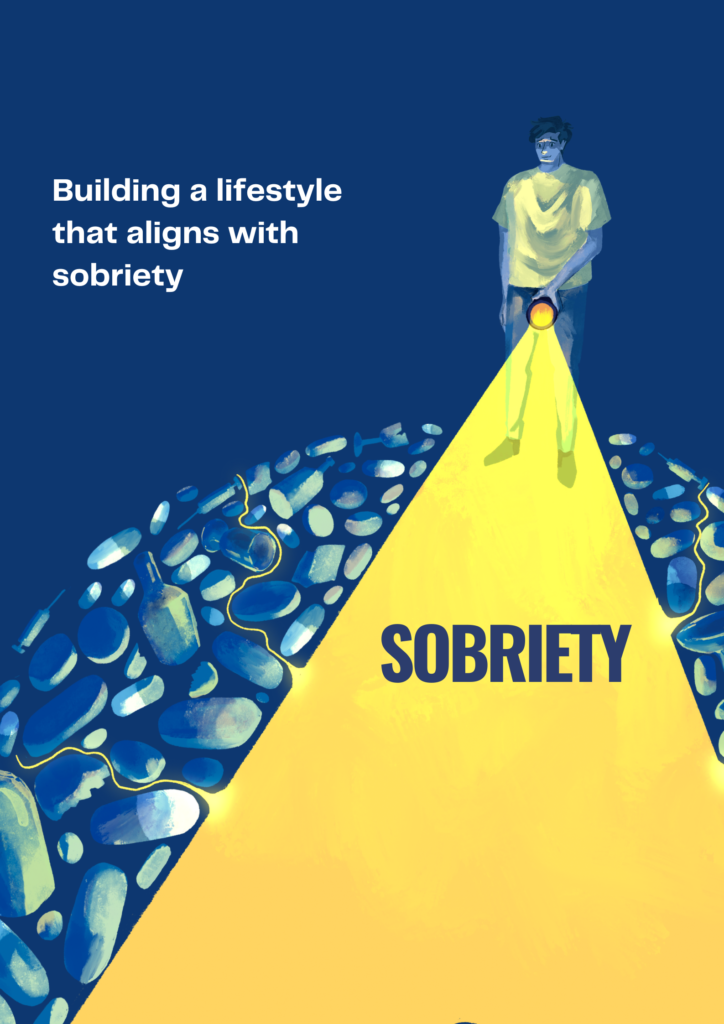
In a world filled with distractions and endless options, it’s easy to lose sight of what truly matters. Mindful living offers a way to align your daily actions with your core values, creating a life that feels purposeful and fulfilling. By practicing mindfulness and intentionality, you can make lifestyle choices that not only reflect your beliefs but also promote your overall well-being.
What Is Mindful Living?
Mindful living is the practice of being fully present and aware of your thoughts, feelings, and actions in everyday life. It involves making conscious decisions based on your values rather than succumbing to habits, impulses, or external pressures. When you live mindfully, you gain a deeper understanding of yourself and create a life that resonates with your true self.
Identify Your Core Values
The foundation of mindful living lies in understanding your values. Start by reflecting on what matters most to you. Is it health, family, creativity, sustainability, or personal growth? Your values serve as a compass, guiding your decisions and helping you prioritize your time and energy. Writing down your core values or creating a vision board can provide clarity and serve as a visual reminder of your intentions.
Make Conscious Choices
Once you’ve identified your values, the next step is to align your actions with them. This requires mindfulness in decision-making. For example, if environmental sustainability is important to you, consider making eco-friendly lifestyle choices, such as reducing waste, supporting ethical brands, or adopting a plant-based diet. Similarly, if health is a priority, focus on nourishing your body with nutritious foods and incorporating regular physical activity into your routine.
By pausing to reflect before making decisions, you can ensure that your choices support your long-term goals and values rather than being driven by momentary convenience or external influences.
Cultivate Awareness
Mindful living requires a heightened sense of awareness. This means paying attention to your habits, thoughts, and surroundings without judgment. Practices such as meditation, journaling, or simply spending a few minutes in quiet reflection each day can help you tune in to your inner self.
Awareness also involves recognizing when your actions deviate from your values. Rather than criticizing yourself, approach these moments with curiosity and compassion. Ask yourself why you made a particular choice and what adjustments you can make to realign with your values.
Simplify Your Life
Mindful living often involves simplifying your lifestyle to focus on what truly matters. This might mean decluttering your physical space, reducing commitments, or letting go of relationships that no longer serve you. By clearing away the noise and distractions, you create space for the things that genuinely bring you joy and fulfillment.
Practice Gratitude
Gratitude is an integral part of mindful living. By appreciating the present moment and the positive aspects of your life, you shift your focus away from scarcity and toward abundance. A daily gratitude practice, such as listing three things you’re thankful for, can help reinforce your connection to your values and foster a sense of contentment.
Conclusion
Mindful living is a journey of self-discovery and intentionality. By identifying your values, making conscious choices, cultivating awareness, simplifying your life, and practicing gratitude, you can create a lifestyle that reflects who you truly are. In doing so, you’ll not only find greater fulfillment but also inspire others to live authentically and purposefully. Remember, mindful living isn’t about perfection; it’s about progress and staying true to what matters most to you.



